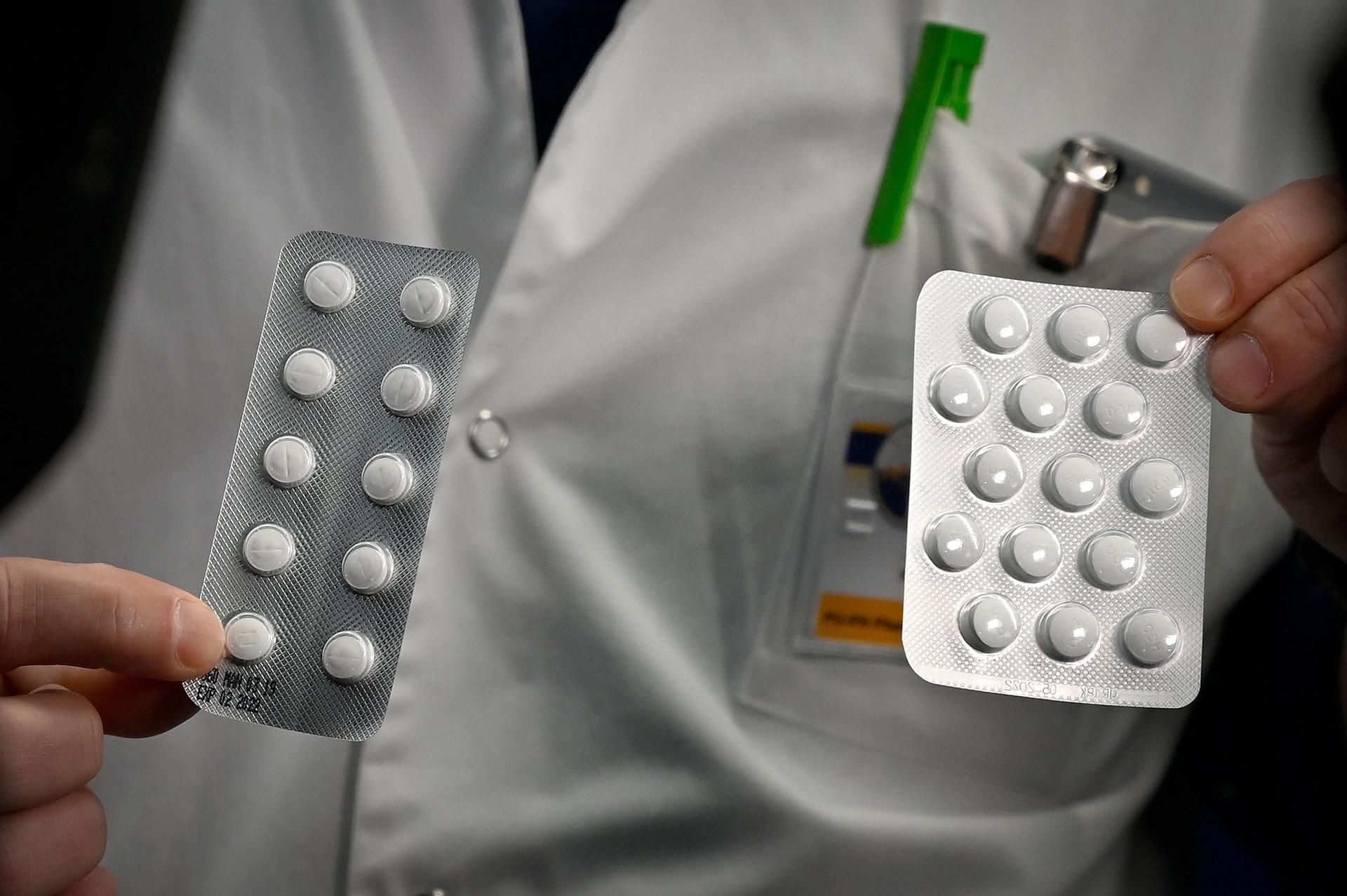|
To be a Medicare Agent's source of information on topics affecting the agent and their business, and most importantly, their clientele, is the intention of this site. Sourced from various means rooted in the health insurance industry - insurance carriers, governmental agencies, and industry news agencies, this is aimed as a resource of varying viewpoints to spark critical thought and discussion. We welcome your contributions.
Tuesday, April 7, 2020
The advice on whether to wear a mask has been confusing -- in part because of early messages begging people not to wear them. There were very public pleas against wearing masks early on, but now the US Centers for Disease Control and Prevention has issued guidance that people should wear some sort of face covering in public if they might encounter larger groups or cannot keep appropriate distances from others. Part of what inspired the CDC's new guidance on masks is a letter by a panel of prestigious scientists that warned Covid-19 may be spread through talking or even breathing -- not just coughing or sneezing. In some ways, we've known this for a long time. It is the essence of asymptomatic spread -- spreading without symptoms. Wearing a face covering could keep a person who is infected but doesn’t have symptoms from spreading the virus to others. As I've said before, we should all behave as if we have the virus. But I want people to understand exactly what masks can and cannot do, depending on what kind you have. The government has made clear they do not want the average person who does not display Covid-19 symptoms to wear surgical or respirator masks. Those should be reserved for our front line health care workers. So when it comes to homemade masks or face coverings, remember the purpose of a mask is not to protect yourself, so much as to protect others from you. Homemade masks such as scarves or bandanas won't filter out all potentially harmful droplets, but they'll reduce the spread of your potentially harmful droplets. It is not exactly clear how much this will help, but it certainly won't hurt. Keep in mind that a mask does not mean you should feel compelled to go out in public more or stand closer to others. And you should remain mindful of how much you are touching your face. There has been a concern that masks may mean people will touch their face more, which can contribute to the spreading of the virus. “If you do choose to wear a face mask, very important, wash your hands first because you don't want to put on a face covering with a dirty hand,” US Surgeon General Dr. Jerome Adams explained. Yes, the changes can be a bit confusing. This has been an evolution. The advice will continue to evolve. But for now, cover your face when you go out in public. Stay home as much as you can. Maintain a safe distance. And if you need inspiration for your face covering, or you want to make your own, you can take a page out of my daughter's book. She's been using her own sewing machine to make masks out of cloth. Here are instructions for how to do it.
Subscribe to:
Post Comments (Atom)

No comments:
Post a Comment